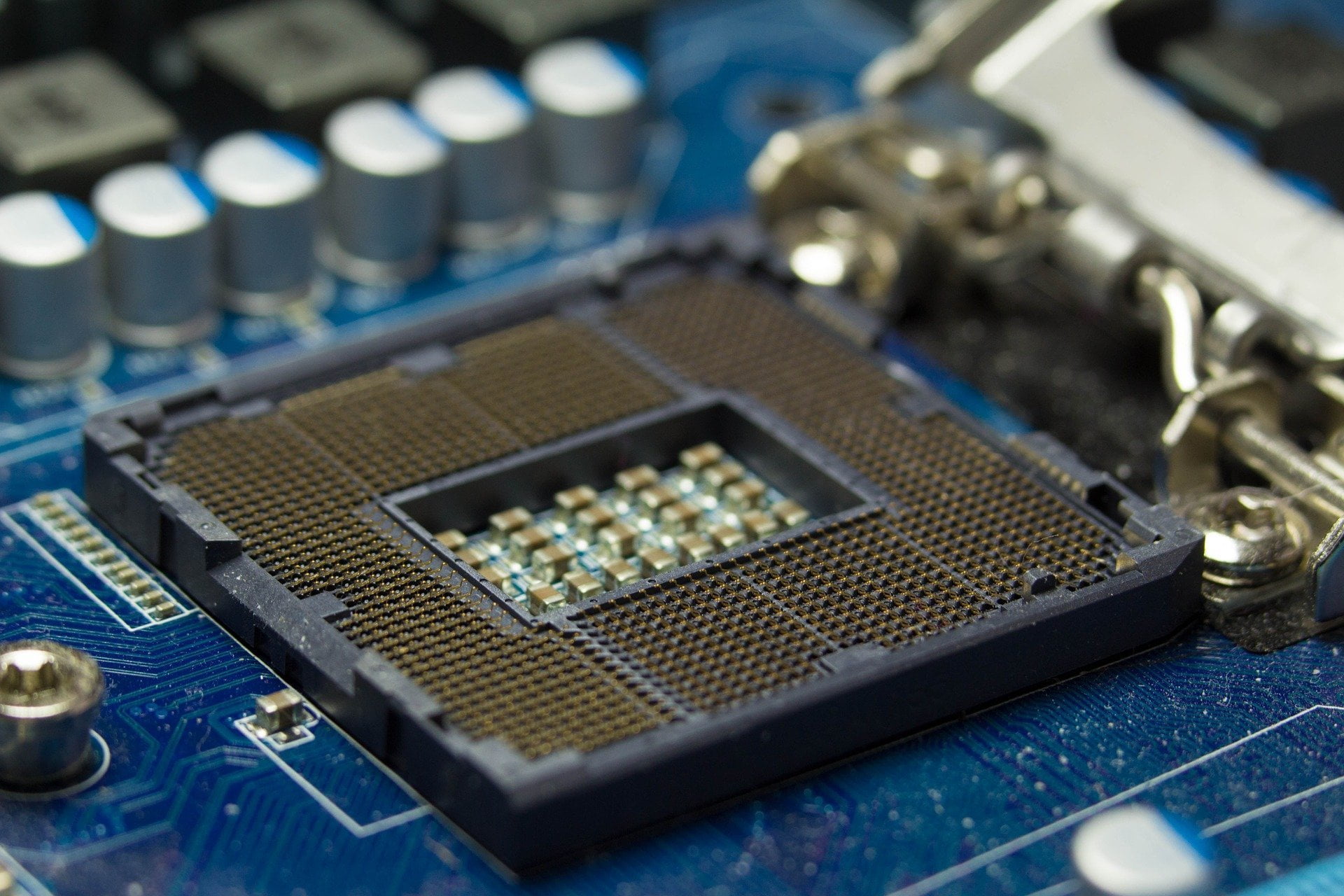In this article, we describe what clock speed is and what is it’s relation with Clock ticks? and finally, how does it affect speed of the processor?
The Speed at which your computer programs, mobile applications and processes executes will be measure with clock speed. So, More conveniently you can say It is the speed at which any of your computer tasks perform. Clock speed is measured in Hz which means Hertz.
MHz or GHz what this is all about?
In todays Computer, We represent the Clock speed as MHz or more frequently GHz which means Megahertz and Gigahertz. Furthermore, 1MHz meant that 1 Million Clock ticks per second, Similarly, 1GHz means 1 Billion Clock ticks per second. Now, what is this Clock ticks? Every Computer program or Computer application or any other hardware application or programs need certain number of Clock ticks to perform it’s task. for example, Suppose Microsoft paint need 1000 clock ticks to perform certain task say saving your paint document to any folder.
So, Clock ticks just meant that the number of ticks( which is some nanoseconds and this standard is followed by all the processor manufacturer in the industry) required by an application to perform certain task.
So, One thing might come to your mind that the speed of processor is directly proportional to the speed of the clock. You might also assume that the Greater the number of Clock ticks, the greater the speed of the processor. But, let me clear you initially. Don’t make some assumptions here. This might not be the universal case. There are several other factors too on which it depends. We discuss it later in this article.
Graph Depicting the Optimization of Clock ticks over past Years
The below graph depicts how the Clock speed of the processor made by different manufacturers increases exponentially over the past few years.
This picture also tells us that how different processor manufacturers take it as a serious thing to consider while defining a better processor.
Note: You can measured the Clock speed of any processor using Quartz Crystal Circuit.
Cool Facts About Clock Speed
- We express the Clock Speed by Clock ticks i.e. MHz and GHz i.e. 1 Million Clock ticks per second and 1 Billion Clock ticks per second.
- Clock ticks is nothing but certain amount of time say some nanoseconds, which is universal for all the processor manufacturer. This universal amount of time they have to maintain when configuring a new processor.
- Clock Speed isn’t directly proportional to the performance of processor all the time.
The Misconception: Clock speed is directly proportional to speed of the processor
If you ever compare two devices with respect to their Clock speed make sure that the processor in both the devices are same. Here, we give you a reason for this. A processor is made of many small microprocessors which you can’t see with an open eye. When processor manufacturer upgrades the processor means creating a new version of some existing processor or either creating a totally new one, they decrease the size of microprocessors present in the processor (they attained this capability by lots of research & experiments) now the microprocessors become more small from the previous version.
Now, Since the size decreases, more space will be clear on the processor space. Hence, there the manufacturers assemble some more microprocessors. Now, you can’t compare the clock speed of say version1 processor with it’s new version2. Since, newer version processor have many small microprocessors with respect to it’s previous version. And Because, these microprocessors are small in size. The clock ticking time for them is small as compared to the previous one. So, A lesser clock speed with a better processor might give you better performance with respect to higher clock speed with worse processor.
Some Advance Features of Clocks Speed
- Modern Clock Speed is Dynamic, means if you perform slower tasks on your computer for some time then for that time the Clock speed might be slow with respect to the time on which you perform High end tasks on your computer. But, you can’t cross the maximum Clock Speed of the processor. We meant to say that it Varies between certain numbers for a given processor.
- You might heard the Term Overclocking in hardware industry. If you heard it, let us simplify for you what that term meant to be? Overclocking means changing the speed of clock to a static configurations. Let us clarify further what static configuration means? your processor clock speed varies between 0GHz to 1.8GHz. Suppose, you set your clock speed to say, 1.5GHz then, this configuration is known as Static configuration. Means, you overclock the speed to a fixed point. For example: if you run a process which can smoothly run of say 0.5GHz clock speed, overclocking gives this process also a 1.5GHz speed.
- When do we Overclock the processor? Overclocking is frequently used when you play high end games and you require to maintain the latency of your game. So, you overclock the clock speed of the processor (means fixing it to a point) so that your game runs fine without glitches.
Read also: What is DDR3, DDR4 Ram? Simply Explained
